Portland cement grade 400: features and characteristics
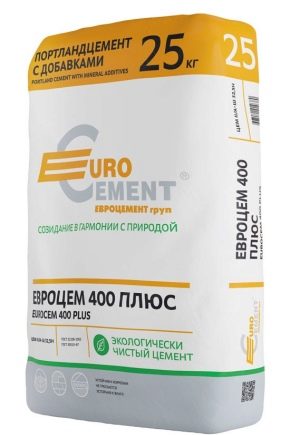
As you know, cement mixtures are the basis of any construction or renovation work. Whether it's setting up a foundation or preparing walls for wallpaper or paint, cement is at the heart of everything. Portland cement is one of the types of cement that has a fairly wide range of applications.
The product from the M400 brand is one of the most demanded on the domestic market due to the optimal composition, good technical characteristics and a reasonable price. The company has been on the construction market for a long time and is well acquainted with the best technologies for the production of such raw materials, which guarantees even greater reliability.
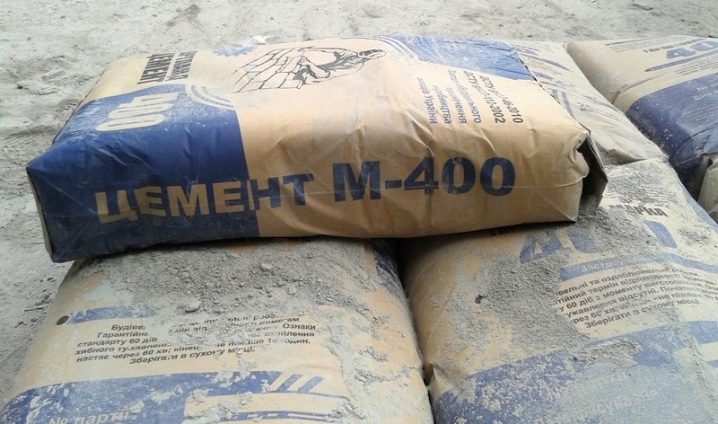
Features and Benefits
Portland cement is one of the subtypes of cement. It contains gypsum, powder clinker and other additives, which we will mention below. It should be noted that the manufacture of the M400 mixture at each stage is under the strictest control, each additive is constantly studied and improved.
Today, in addition to the above ingredients, the chemical composition of Portland cement includes the following components: calcium oxide, silicon dioxide, iron oxide, aluminum oxide.
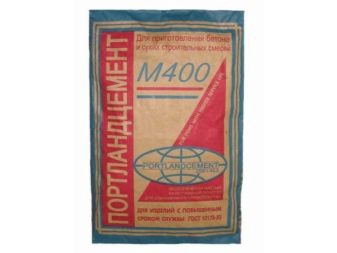
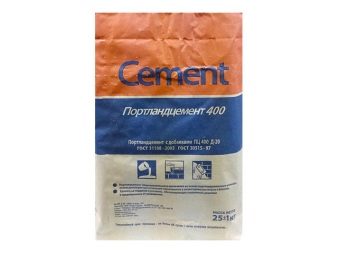
When interacting with a water base, clinker promotes the formation of new minerals, such as the hydrated constituents that form cement stone. The classification of the compositions occurs according to the purpose and additional components.
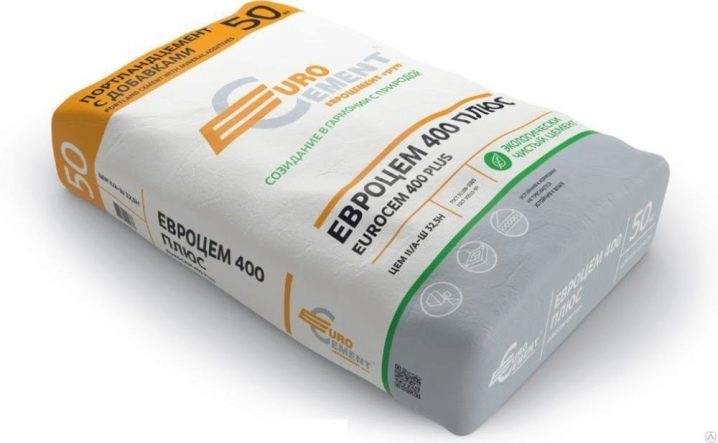
The following types are distinguished:
- Portland cement (PC);
- fast-setting Portland cement (BTC);
- hydrophobic product (HF);
- sulfate-resistant composition (SS);
- plasticized mixture (PL);
- white and colored compounds (BC);
- slag portland cement (SHPC);
- pozzolanic product (PPT);
- expanding mixtures.
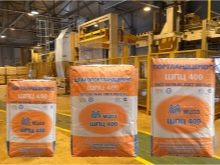
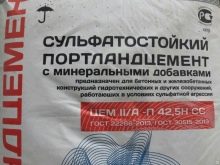
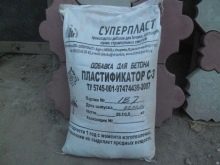
Portland cement M400 has a lot of advantages. The compositions have increased strength, do not react to changes in temperature and humidity, and are also resistant to adverse external environments. This mixture is resistant to severe frosts, which contributes to a longer period of preservation of the walls of buildings.
Portland cement ensures the stability of reinforced concrete structures to the effect of even critically low or high temperatures. Buildings will have a long service life in all climates, even if no special ingredients are added to the cement to counteract frost effects.
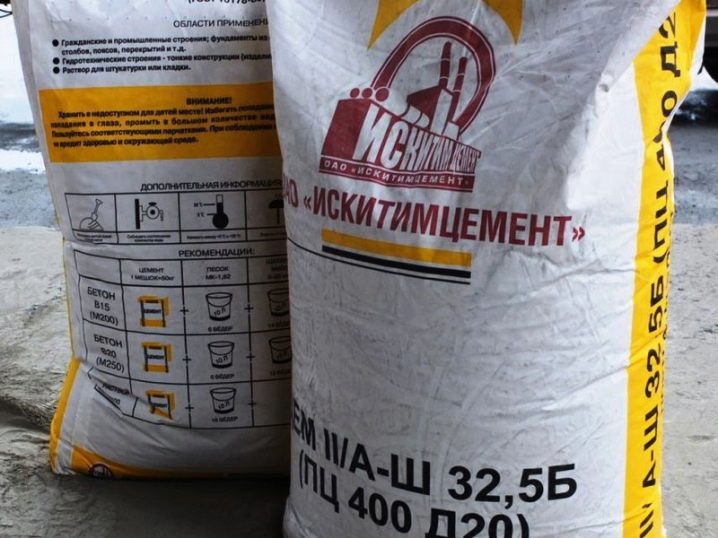
Mixes made on the basis of M400 set very quickly due to the addition of gypsum in a ratio of 3-5% of the total volume. An important point that affects both the speed and the quality of setting is the type of grinding: the smaller it is, the faster the concrete base reaches its optimal strength.
However, the density of the formulation in dry form can change as the fine particles begin to compaction. Professional craftsmen recommend purchasing Portland cement with grains of 11-21 microns in size.
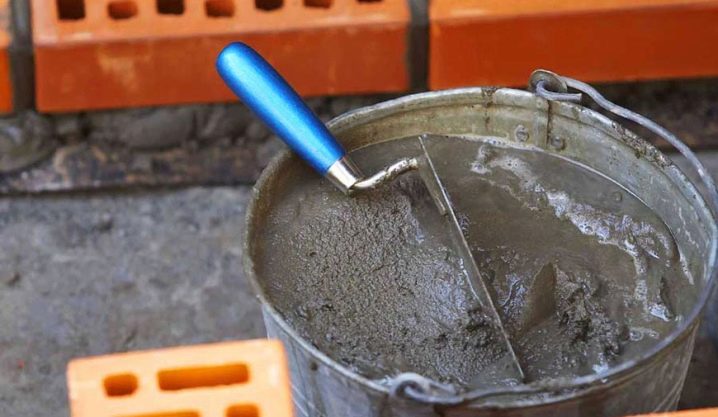
The specific gravity of cement under the M400 brand varies depending on the stage of its readiness. Freshly prepared Portland cement weighs 1000-1200 m3, materials just delivered by a special machine have a similar specific weight. If the composition has been stored for a long time on the shelf in the store, then its density reaches 1500-1700 m3. This is due to the convergence of particles and a reduction in the distance between them.
Despite the affordable price of M400 products, they are produced in fairly large volumes: 25 kg and 50 kg bags.

Parameters of formulations of grade 400
Portland cement is considered one of the basic materials for construction and repair work. The universal mixture has optimal parameters and economical consumption. This material has a shutter speed of about 400 kilograms per m2, respectively, the load can be very large, it is not a hindrance to him. M400 contains no more than 5% gypsum, which is also a great advantage of the compositions, while the amount of active additives varies from 0 to 20%. The water demand of Portland cement is 21-25%, and the mixture hardens in about eleven hours.
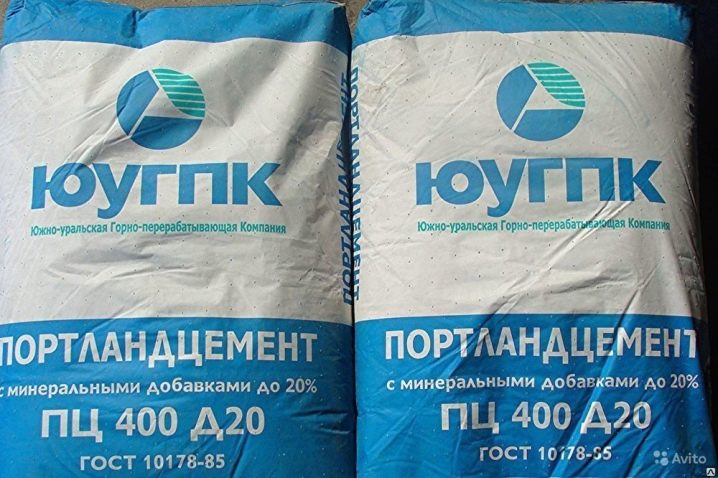
Marking and areas of use
The Portland cement brand is its main characteristic, since it is from it that the designation of the mixture and the level of compressive strength come from. In the case of M400 compositions, it is equal to 400 kg per cm2. This characteristic makes it possible to use a cement product for a wide range of cases: they can make a solid foundation or pour concrete for revenge. According to the product labeling, it is determined whether there are plasticizing additives inside, which contribute to an increase in the moisture resistance of the mixture and endow it with anti-corrosion characteristics. Thanks to these properties, the rate of drying of the composition in any medium, be it liquid or air, is regulated.
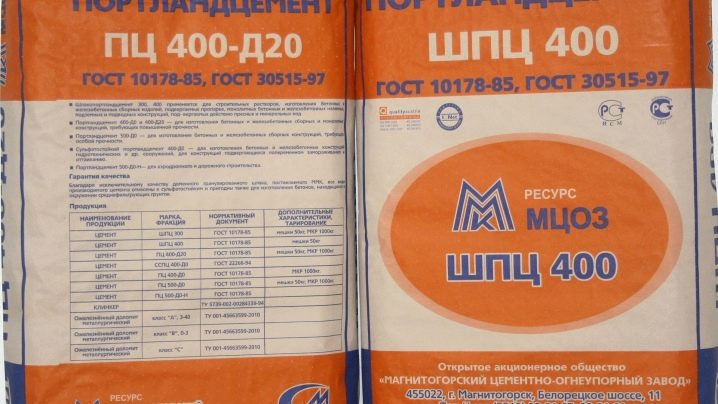
Also, certain designations are prescribed in the marking, which indicate the type and number of additional components. They, in turn, affect the area of use of Portland 400 grade cement.
The following technical characteristics can be seen on the marking:
- D0;
- D5;
- D20;
- D20B.
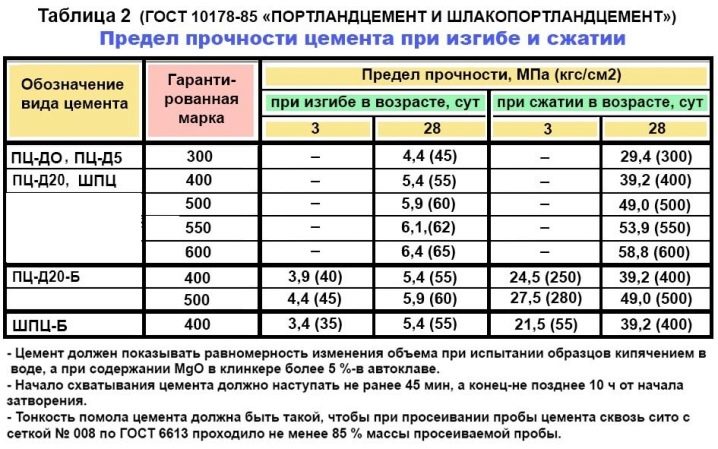
The number following the letter "D" indicates the presence of certain additives in percent.
Thus, the D0 marking tells the buyer that this is Portland cement of pure origin, where there are no additional components that are added to ordinary compositions. This product is used to make most of the concrete parts used in high humidity or in direct contact with a favorite kind of water.
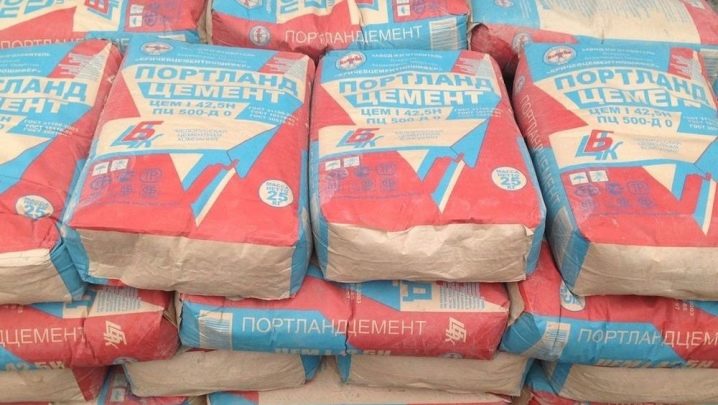
Portland cement D5 is used for the production of high-density load-bearing elements, such as slabs or blocks for assembled types of foundations. D5 provides maximum strength due to increased hydrophobicity and prevents corrosion.
Cement mixture D20 has excellent technical characteristics, which allow it to be used to produce individual blocks for assembled iron, concrete foundations or other parts of buildings. It is also suitable for many other coatings that are in frequent contact with an unfavorable environment. For example, tile on the sidewalk or stone for the curb.
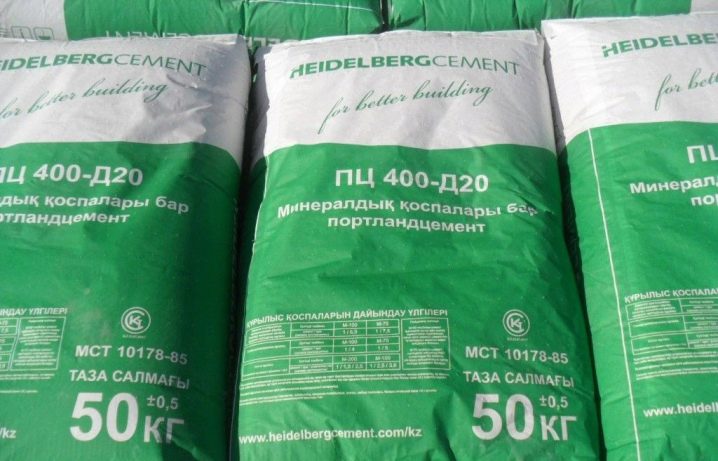
A distinctive feature of this product is a fairly quick hardening, even at the very first stage of drying. Concrete prepared on the basis of the D20 product sets already after 11 hours.
Portland cement D20B is a versatile product that can be used everywhere. This is ensured by the presence of additional ingredients in the mixture. Of all the M400 products, this one is considered the highest quality and has the fastest solidification rate.
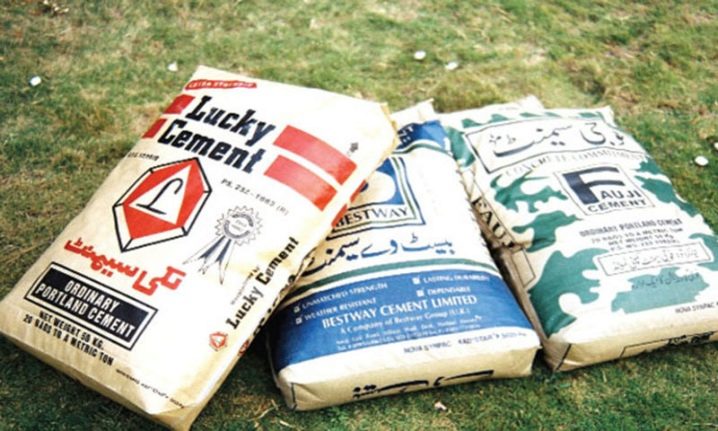
New marking of cement mixtures M400
As a rule, most of the Russian companies that manufacture Portland cement use the above-mentioned labeling option. However, it is already slightly outdated, therefore, based on GOST 31108-2003, a new, additional marking method adopted in the European Union, which is increasingly common, was developed.
- CEM. This marking indicates that this is pure Portland cement with no additional ingredients.
- CEMII - indicates the presence of slag in the composition of Portland cement. Depending on the content level of this component, the compositions are divided into two subspecies: the first one marked "A" contains 6-20% slag, and the second - "B" contains 20-35% of this substance.
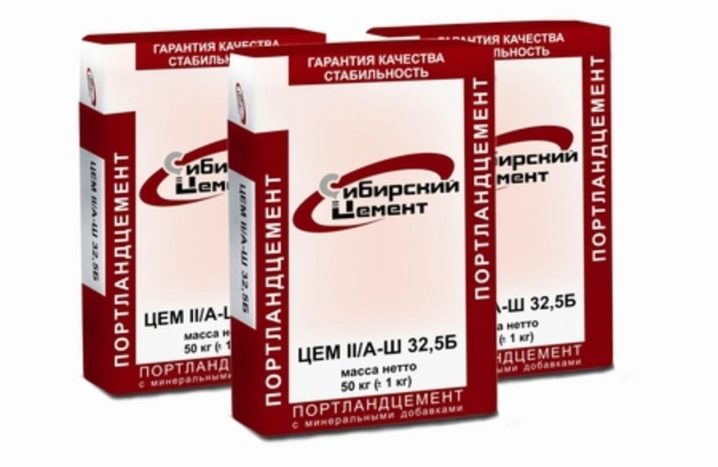
According to GOST 31108-2003, the Portland cement brand has ceased to be the main indicator, now it is the strength level. Thus, the composition of M400 was designated B30. The letter "B" is added to the marking of fast-setting cement D20.
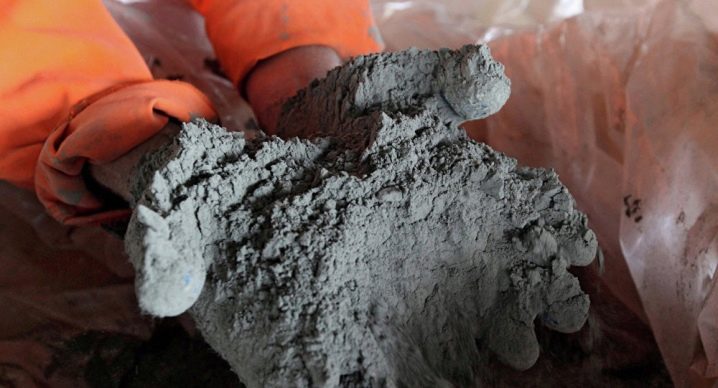
By watching the following video, you can learn how to choose the right cement for your mortar.













The comment was sent successfully.